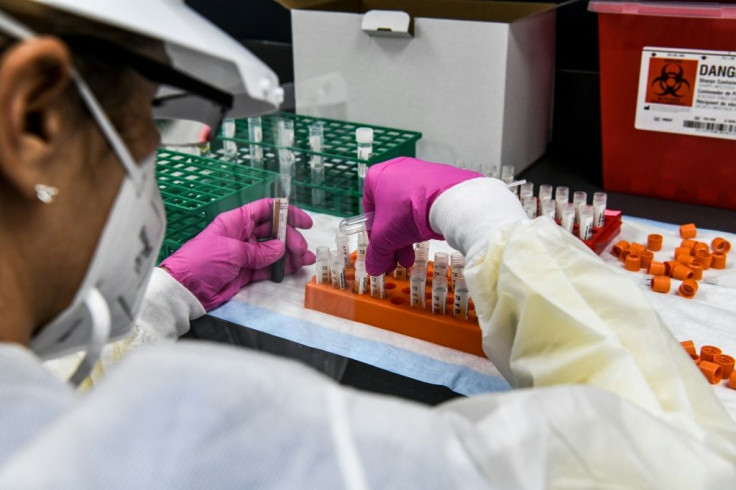How The United Kingdom’s COVID 'Megalabs' Will Benefit Cancer Patients
The diagnostic capacity for several critical illnesses, including the coronavirus, will be ramped up when the British Department of Health & Social Care opens two "megalabs" in early 2021.
The United Kingdom plans to increase its COVID-19 testing capacity to nearly 600,000 daily tests with the addition of the new facilities.
Located in Leamington Spa and Scotland, the labs will add 300,000 daily COVID-19 tests each when operating at full capacity using automation, robotics, and consumables to turnaround tests faster and at a lower cost, the British government said.
The facilities will also boost the U.K.’s epidemic response network and are planned to be used to diagnosis other critical illnesses, including cancer, cardiovascular, and metabolic diseases.
As many as 2,000 multi-skilled workers will be employed at the labs that will be operated 24/7. Recruitment has already started in Leamington Spa, with a hiring campaign to start in Scotland shortly, the government said.
“The radical expansion of testing has been one of the successes of this pandemic, as it means more people can get a test more conveniently than ever before,” Health Secretary Matt Hancock said in a statement.
“We didn’t go into this crisis with a significant diagnostics industry, but we have built one, and these two mega labs are another step forward. Transforming the UK’s diagnostic facilities is not only essential to beating this virus, but it is necessary to build back better - so we are better prepared in future for testing on a massive scale,” he added.
The U.K. embarked on a goal of reaching a COVID-19 testing capacity of 500,000 tests per day, which it achieved last month, up from 100,000 tests per day in April.
The U.K. has reported over 1.3 million positive coronavirus cases, according to data from Johns Hopkins University. It leads Europe in COVID-19 deaths, reporting over 52,200 deaths related to the virus.

© Copyright IBTimes 2025. All rights reserved.





















